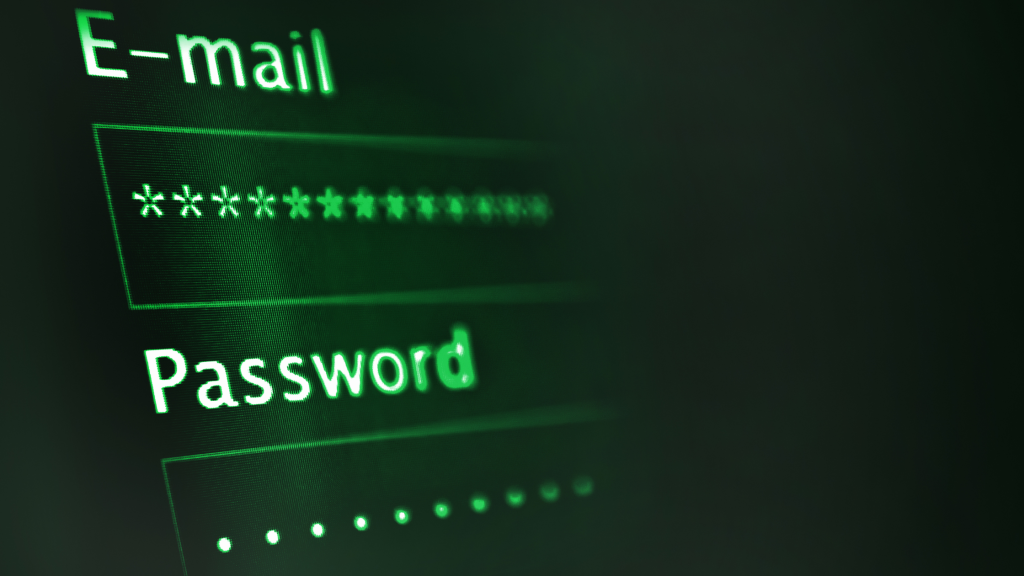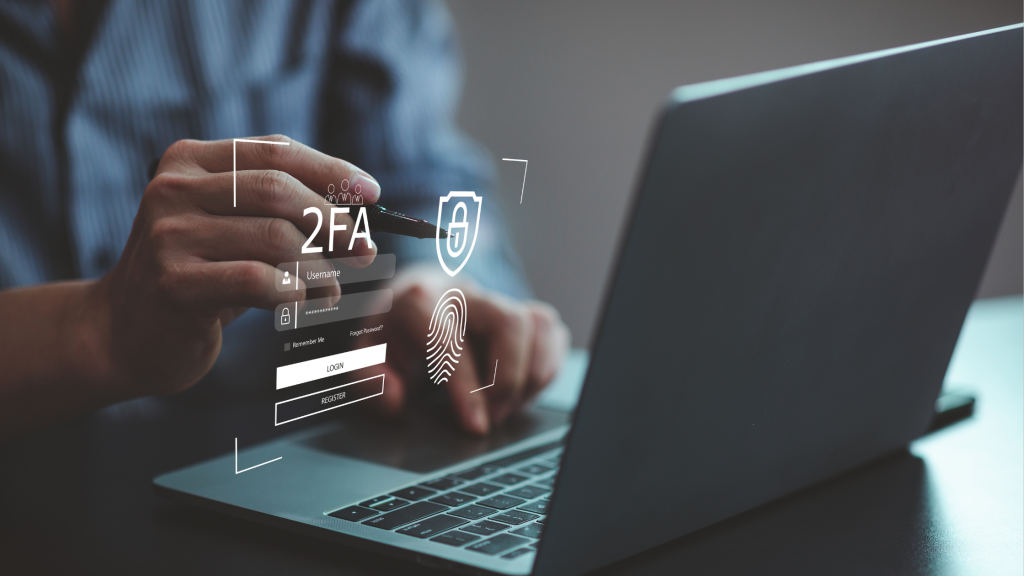Hey Geek fans! You might’ve seen the headlines lately. There’s been a wave of data leaks hitting some big names. From Mighty Ape to Qantas and plenty more in between! One of the more recent discoveries has led researchers to label it as “the largest leak ever!” In this blog, we’ll break down what this massive 16 billion passwords leaked could mean for you. We’ll also touch on a few other noteworthy breaches, and share some simple ways you can make your data less useful to scammers.

16 billion passwords leaked
In June this year, researchers discovered a massive data breach on the dark web. The breach exposed 16 billion login credentials, including passwords. When we break that number down, it equates to roughly two leaked accounts per person on the planet!
The data is said to be exposed from multiple websites and apps, including social media, VPNs, user accounts and more. Some of the big names said to be involved include reputable companies highly trusted for their security measures, such as Google, Apple and Facebook.
The breach is likely the work of multiple infostealers. Some of the data appears to be recent, not just recycled and repackaged from past breaches.

Other recent data leaks
Before the massive discovery of 16 billion passwords leaked on the dark web, there were already plenty of other major data leaks making headlines on our news feeds.
In May, Mighty Ape the popular online retailer, saw hundreds of its users experiencing a strange glitch. Customers logged into other customer’s accounts. This meant users had access to random stranger’s sensitive information. This included card details, home addresses, emails and order histories. And, they even had the ability to place orders.
Start of July, a Qantas data breach saw around 6 million customers have their data exposed. Fortunately, the breach only affected customers’ names, email addresses, phone numbers, birth dates, and frequent flyer numbers. Qantas emphasised that the breach did not access any credit card details, personal financial information, or passport details. With all this said, researchers are raising alarms. With massive breaches happening every few weeks, it highlights just how far-reaching and persistent data-stealing malware has become.

What is done with your passwords in a data leak
Depending on the security measures you’ve taken and how cyber-smart you are with your accounts, a data leak might barely affect you. Or, it could snowball into something far more serious! There are a lot of different things that can be done with your leaked data. For example, you could be locked out of your own accounts, with scammers demanding a ransom, often in the form of cryptocurrency, to regain access. Scammers can also use your data to steal your identity for malicious purposes. They can send scam messages to your contacts. They can try your passwords on other accounts, monitor what you do online and even repackage and sell your personal information to other infostealers!

How to minimise the usefulness of your data
Whilst you can’t do much to prevent data breaches of large companies, you do control who you give your data to. And, you can help minimise the usefulness of that data.
First up, avoid saving payment details on websites or user portals. This means a breach of your account’s data is less likely to include your payment details. It also means if someone gains access to your account, they won’t be able to go on a shopping spree.
Secondly, make sure you’re using a different password for each of your online accounts. If you reuse the same one everywhere, a single leaked login can put all of your accounts at risk. That’s why we recommend creating unique passwords for each account. And don’t forget to make sure they’re long and strong!
Next, enable two-factor or multi-factor authentication! By enabling 2FA or MFA, you can ensure that even if your password is leaked, an infostealer still wouldn’t be able to access your accounts. This kind of authentication is like a second layer of security. Whether that’s a code sent to another device or a facial/fingerprint scan.
Finally, be cautious about who you give your data to. It pays to think twice before handing over personal information online. Before you do pass on any sensitive data online, ensure the website, app or platform is legitimate and has it users’ best interests in mind.
Dealing with the aftermath of a scam or data leak? Or just keen to boost your online security? Geeks on Wheels can help! From recovering lost data to setting up secure backups and even creating strong passwords as well as how to store them safely, we’ve got you covered. Just Book a Geek today!